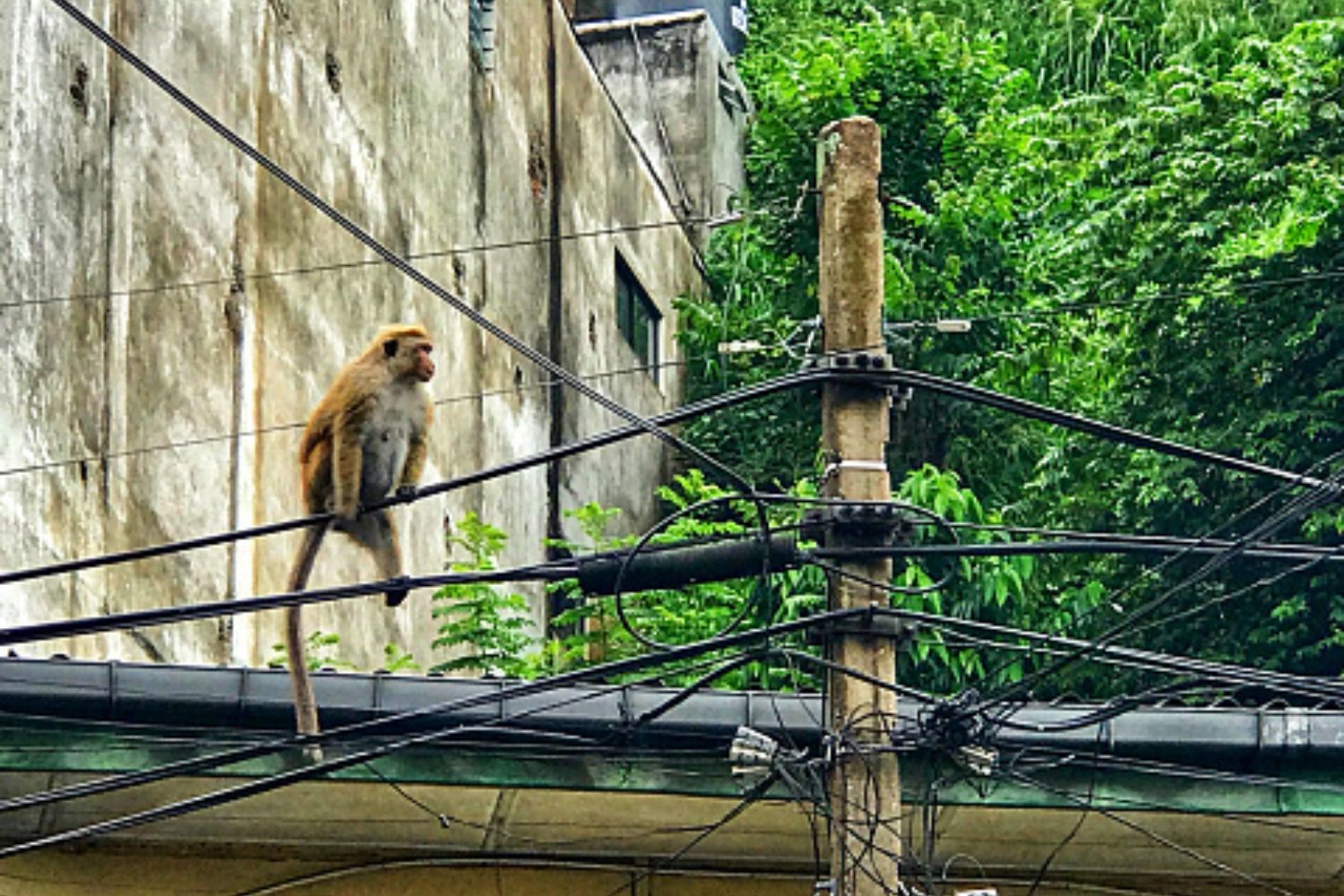On February 9, a monkey caused a nationwide blackout in Sri Lanka, leaving millions without electricity for several hours. The incident, somewhere between irony and concern, highlights the vulnerability of the country's power grid and reignites the debate over energy security

@X
A near-surreal experience left Sri Lanka in suspense: an entire nation plunged into darkness for several hours, all because of a monkey. It sounds like a scene from a science fiction film, but the reality speaks volumes about serious issues regarding the credibility of the power grid of the country.
The blackout and the unexpected “perpetrator”
It all started on Sunday, Feb. 9, when a power outage paralysed Sri Lanka for more than six hours. The accident was blamed by Energy Minister Kumara Jayakody on a monkey which had found its way into a power station in the suburbs of Colombo and touched a transformer, leading to a country-wide blackout. The fault also struck the nation’s main coal-powered power plant, temporarily closing it down.
Electrical grids are built to resist human interference and natural disasters. But turns out, Sri Lanka's power grid wasn't ready for what this little monkey had in store for it. pic.twitter.com/Qrs2cWDkSB
— Interesting Engineering (@IntEngineering) February 11, 2025
Whereas power was restored to some areas within hours, most residents were in the dark until late night, with temperatures hovering above 86°F. Hospitals and water plants were given priority, but the disruption to residents was considerable.
Between irony and concern: social media reactions
The story provoked a torrent of comments on social media. Most users tweeted about the absurdity of it all:
“Only in Sri Lanka can a monkey bring an entire nation to a standstill,” one user wrote.
Others, however, highlighted the seriousness of the issue:
“One monkey = total chaos. Is it time to rethink our infrastructure?”
The online debate shed light on a much more serious problem: the vulnerability of the national power grid, which has already shown critical weaknesses in recent years.
A fragile power grid: the real issue
It is not an isolated incident. As recently as in 2022, Sri Lanka had faced a terrible energy shortage due to fuel shortages, leading to scheduled blackouts of up to 13 hours a day. Specialists had been warning of the rundown state of the country’s infrastructure, which makes it acutely susceptible to power outages—even from minor accidents.
An engineer who was quoted by the Daily Mirror said that the system is so delicate that it can fail from a mere imbalance.
“If one incident is enough to cause a countrywide blackout, then our system is very vulnerable,” he said.
The monkey problem
Apart from the vulnerability of Sri Lanka’s power infrastructure, this incident has also attracted renewed attention to the country’s growing population of monkeys. The toque macaque, the native species, is estimated to have between 2 and 3 million members. With increasing urbanization and declining forests, the animals are increasingly moving into human settlements, ravaging crops—and, as it turns out, even the power infrastructure.
Governments now have a two-pronged challenge: enhancing energy security as well as discovering sustainable means of coping with growing human-wildlife interaction.
